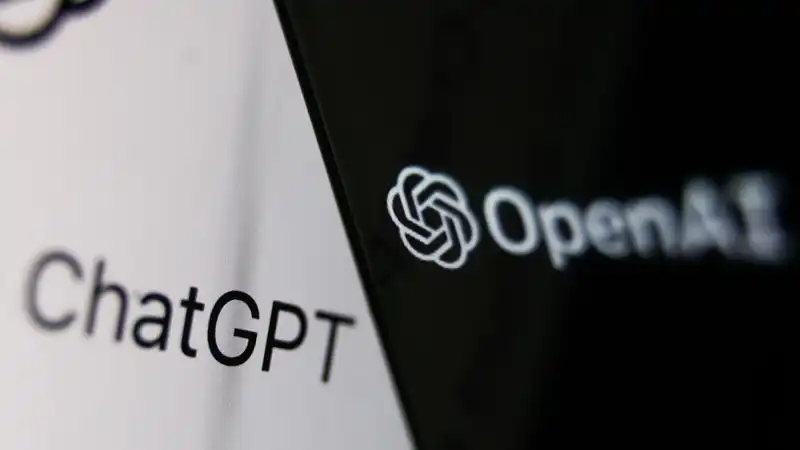OpenAI is working with an investment firm in the United Arab Emirates to strike a deal that will give the artificial intelligence research group all the funding it needs to design and manufacture its own AI acceleration processor. With Nvidia currently dominating the market, and their H100 chips in short supply worldwide, OpenAI is clearly aiming to take full control of its own AI capabilities and future alongside Amazon and Google.
This is according to a report in the Financial Times (via Tom's Hardware), which does not give many specific details, such as the amount of investment or how long the chips will be in development.
In February, it was announced that OpenAI CEO Sam Altman wants to expand global production of AI chips and is seeking to raise several trillion dollars from the UAE to do so. According to his estimates, the amount is likely to be between $5 trillion and $7 trillion.
When asked by the UAE's AI minister how many GPUs he could buy with $7 trillion, Jen-Hsun Huang reportedly replied, "Apparently, all GPUs."
Even if OpenAI were to outsource the design and testing of AI processors to a third party, it would still need to find a manufacturer capable of producing chips of the quality and quantity needed. All of this could take years, during which time OpenAI would still have to rely on AMD, Intel, and Nvidia for the relevant chips.
But it is unlikely that MGX, the UAE investment firm in question, is unaware of this. The company's chairman is Sheikh Tahnoun bin Zayed Al Nahyan, who is also chairman of another AI development company and serves as the UAE's national security advisor.The UAE is particularly keen to put its own country forward in the AI investment world and has a dedicated funding system for such ventures It has a dedicated funding system for such ventures.
All major tech companies have made AI their biggest focus for the moment, at least when it comes to marketing, and nearly every new processor announced so far boasts an AI core of some kind: AMD's Ryzen 8000 series and Intel Core Ultra Everywhere you look, from the tiny NPUs (neural processing units) in chips to the massive tensor clusters from AMD, Cerberus, Intel, and Nvidia, there is an AI accelerator of some sort.
Given OpenAI's position in this space, it's not hard to imagine this deal falling through, but I'm not certain it will be a meaningful success in a sensible timeframe. Amazon and Google have shown that it is possible to build their own dedicated AI accelerators without requiring decades of chip experience, but both companies started down that path years ago.
OpenAI and MGX may find themselves spending huge sums of money but ultimately getting little in return. While that is a potential risk with all investments, if this investment fails, OpenAI will simply be back to square one: joining the long queue for Nvidia's largest GPU.


Comments